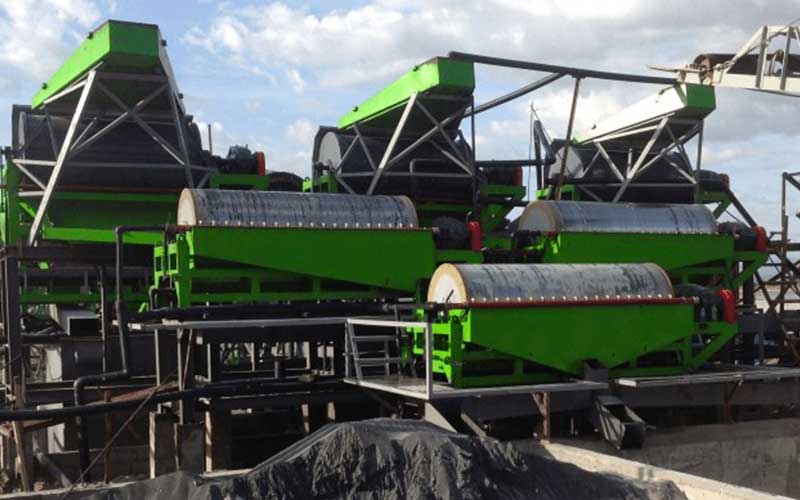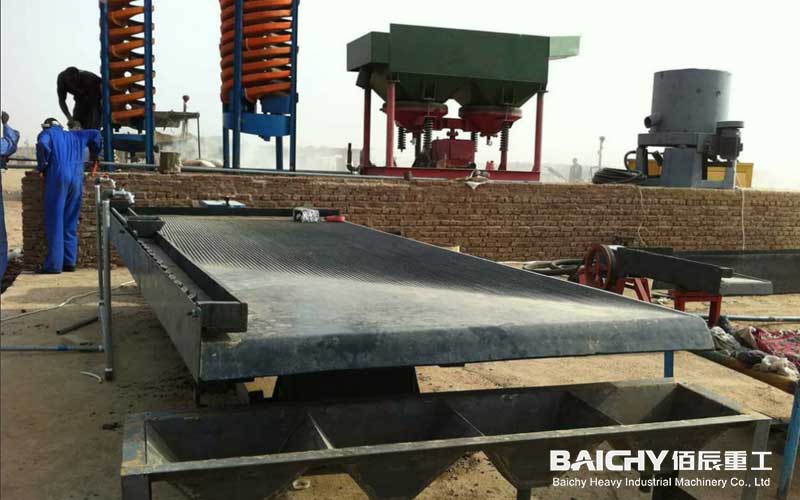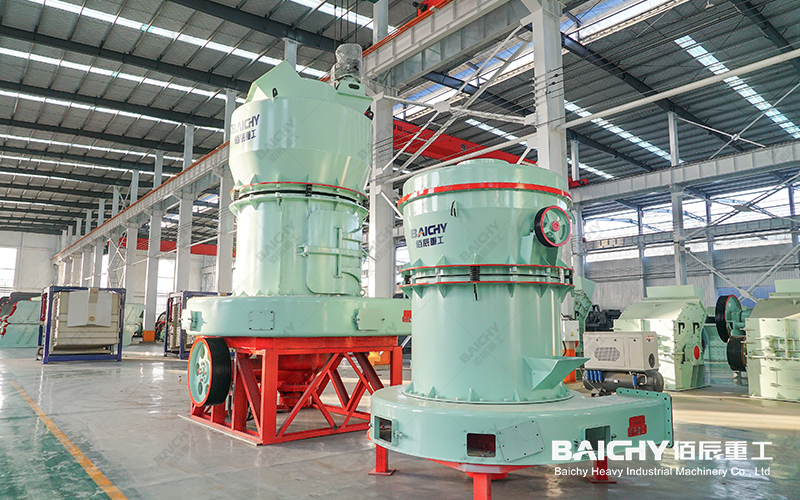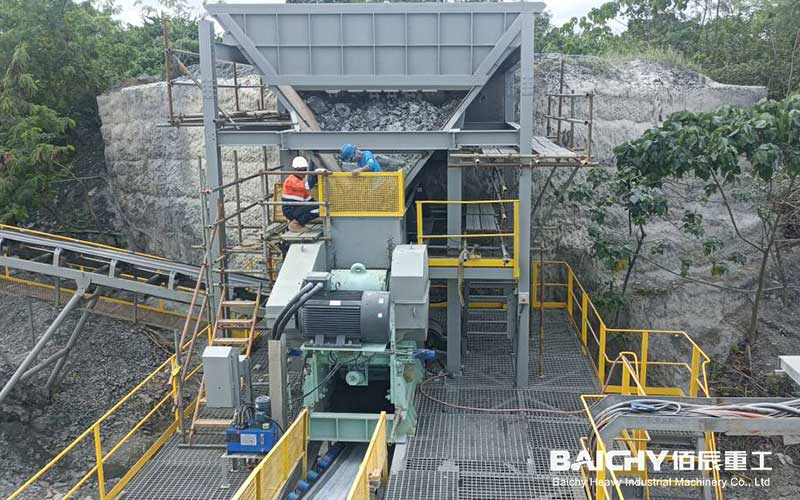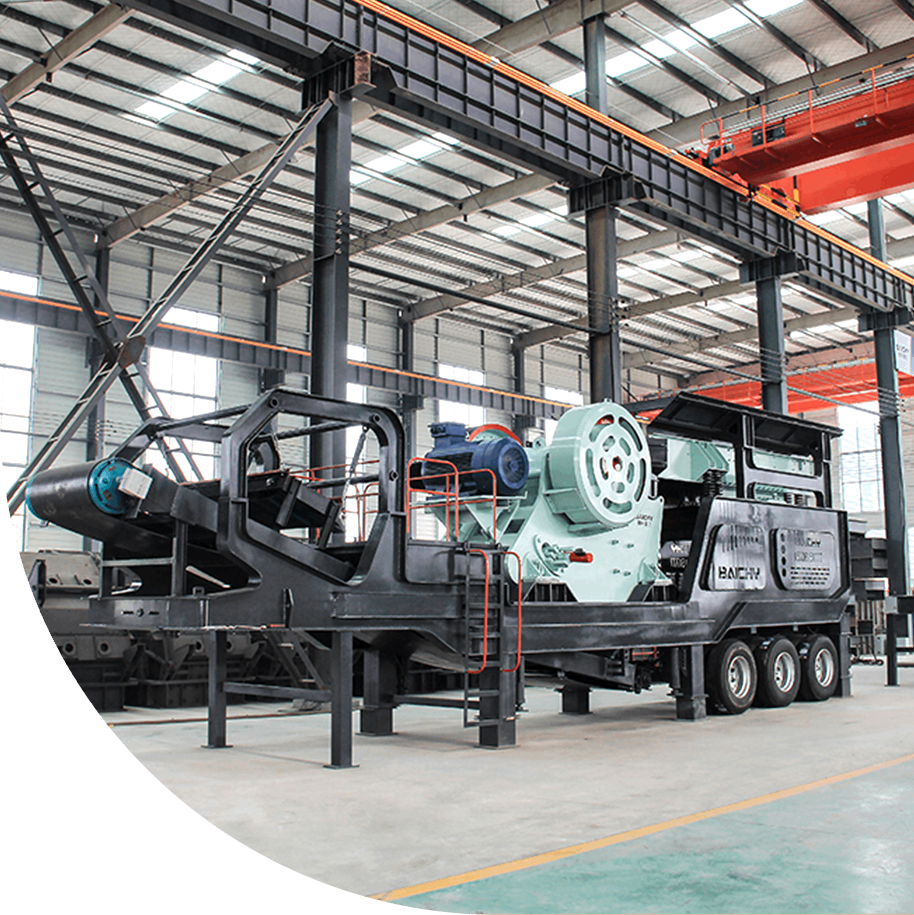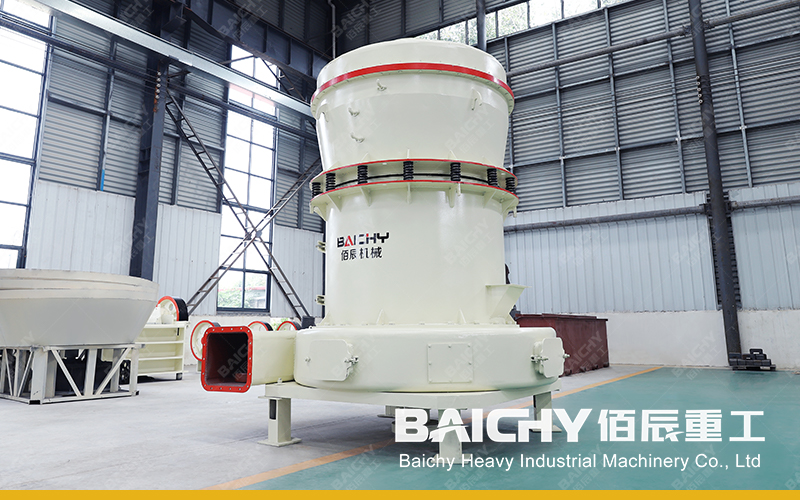
How To Choose A Raymond Mill? 5 Key Factors And A Buying Guide
Raymond millsare widely used grinding equipment in the ore, building materials, chemical, and other industries, but there are many models on the market with large price differences. How to choose the equipment that best suits your production needs? This article will combine 5 key factors, such as output, fineness, energy consumption, material, and manufacturer service, to provide a 2025 buying guide to help you avoid traps and make efficient decisions!
Working principle and applicable materials of Raymond mill
The Raymond mill grinds the material through the grinding roller and controls the fineness with the grading system. It is suitable for non-flammable and explosive materials with Mohs hardness ≤7 and humidity <6%, such as:
✔ Minerals: limestone, calcite, barite, marble
✔ Industrial raw materials: gypsum, talc, bentonite, kaolin
✔ Building materials: cement clinker, slag, fly ash
Note: If the hardness of the material is too high (such as quartz, corundum), it is necessary to use upgraded equipment such as a high-pressure suspension roller mill or a vertical mill.
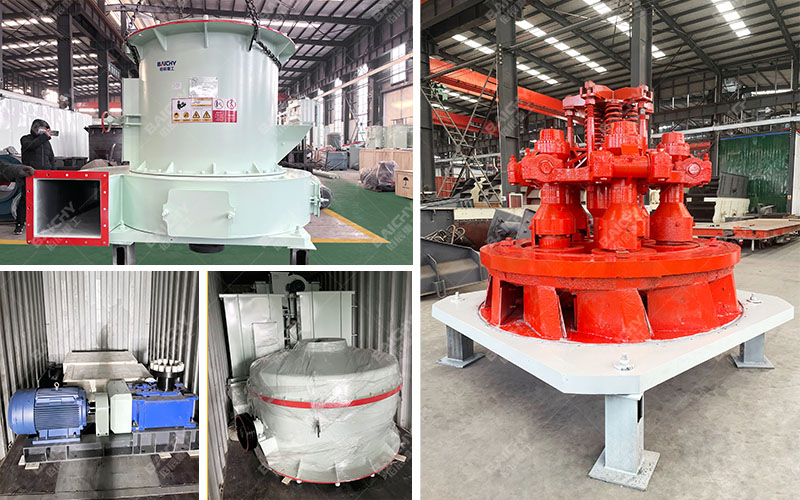
5 core purchasing indicators (latest version in 2025)
1. Output demand (tons/hour)
The output of different models of Raymond mills varies significantly, and needs to be selected according to the production scale:
• Small equipment: 1-5 tons/hour, suitable for laboratory or small-scale processing
• Medium-sized equipment: 5-15 tons/hour, common in building materials and chemical industries
• Large equipment: 15-30 tons/hour, suitable for large-scale ore processing
Recommendation: Reserve 20% capacity redundancy to avoid equipment loss due to overload operation.
2. Finished product fineness (mesh range)
The fineness of Raymond mill is usually 80-600 mesh, but the adjustment capacity of different models is different:
• Basic model: 80-325 mesh (suitable for building materials and filler production)
• High-fine model: 400-600 mesh (need to be equipped with a secondary classification system for fine chemicals)
Key point: The higher the fineness requirement, the higher the energy consumption and cost, and the economic benefits need to be weighed.
3. Energy consumption and electricity cost
• Motor power: small machine (55-75kW), large machine (200-315kW)
• Energy-saving design: give priority to variable frequency speed regulation and high-efficiency turbine classifier, which can reduce power consumption by 15%-30%.
4. Wear-resistant parts material (service life)
The material of grinding roller and grinding ring directly affects the maintenance cost and downtime frequency:
• High manganese steel: low cost, but short service life (about 800 hours)
• Alloy steel (such as 65Mn): wear resistance is improved by 2-3 times, suitable for high hardness materials
• Ceramic composite material: longest service life (2000+ hours), but the price is higher
Suggestion: choose according to the hardness of the material to avoid the trap of "low-price purchase, high-frequency replacement".
5. Manufacturer service and after-sales guarantee
• Technical support: Is installation, commissioning and operation training provided?
• Accessories supply: Are wearing parts such as grinding rollers and bearings in stock?
• Warranty policy: The warranty period of core components (such as host and reducer) is ≥1 year.
• Pitfall avoidance guide: Give priority to brands with their own factories (such as Guilin Hongcheng and Henan Liming Heavy Industry) to avoid price increases and after-sales shirking by middlemen.
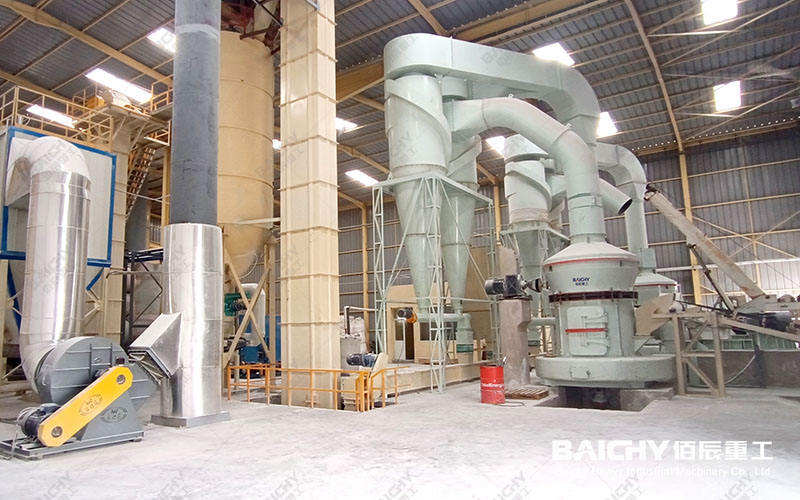
Three common misunderstandings in purchasing Raymond mills
✘ Misunderstanding 1: Only look at the price and ignore long-term costs
Low-priced equipment may have poor materials and high energy consumption, and the maintenance cost may exceed the price difference within 2 years.
✘ Misunderstanding 2: Blind pursuit of high fineness
If the actual demand is only 200 mesh, choosing a 600 mesh model will double the energy consumption.
✘ Misunderstanding 3: Ignoring the manufacturer's on-site inspection
It is recommended to visit the factory, check the equipment workmanship and case site, and avoid the risk of "OEM".
Summary: 4-step quick decision-making method
• Clear requirements: material hardness, output, fineness, and budget.
• Compare parameters: Refer to the table above to filter matching models.
• Verify the manufacturer: Request customer cases and test machine videos.
• Negotiation details: Strive for an extended warranty or free accessories package.
• Take action now: If you are purchasing a Raymond mill, please leave a message (or contact customer service WhatsApp: 0086 15093222637), we will provide you with a free model matching solution + local supplier recommendation!
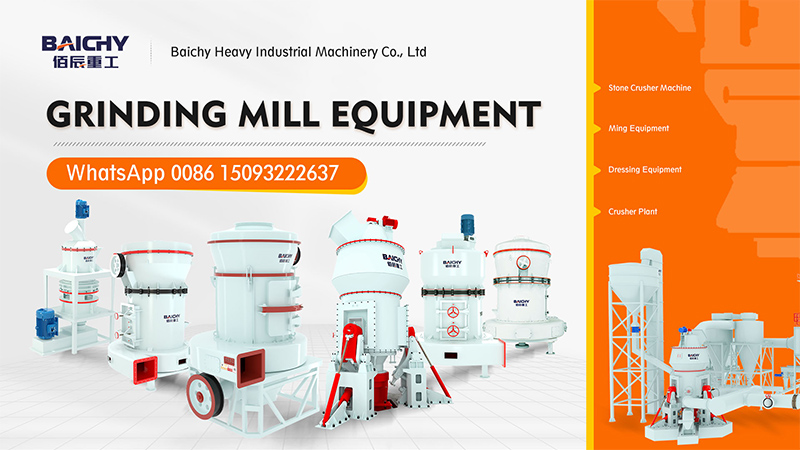
Baichy Machinery is a factory supplier of mining machinery, mainly focusing on stone crushers, powder grinding mills, and mineral beneficiation plants. We can offer you a free design and completed solutions according to your project.
Baichy Heavy Industry has grown into a high-tech mining equipment comprehensive enterprise, integrating R&D, manufacturing, sales, and after-sales service, Passing ISO9001:2015 quality management system certifications. The main products are mobile jaw crushing plants, construction waste crushing plants, PE jaw crushers, VSI sand-making machines, Symons cone crushers, single-cylinder hydraulic cone crushers, PCX high-fine crushers, grinding mills, ball mills, and full sets of beneficiation equipment with an excellent level.




